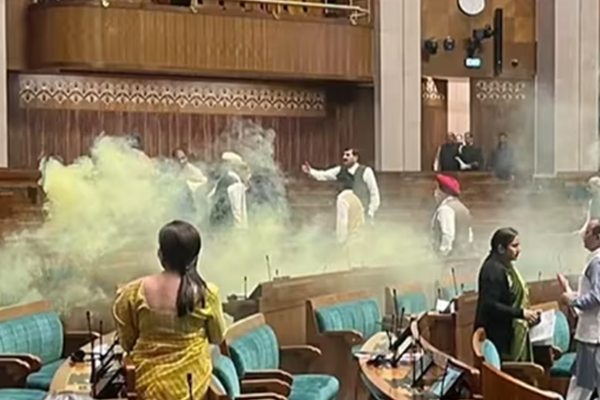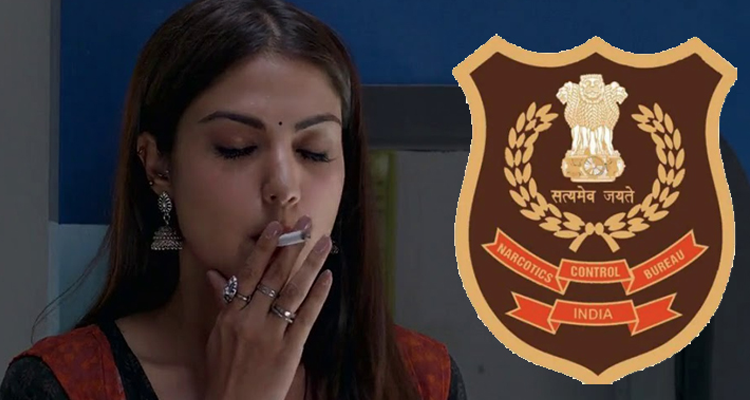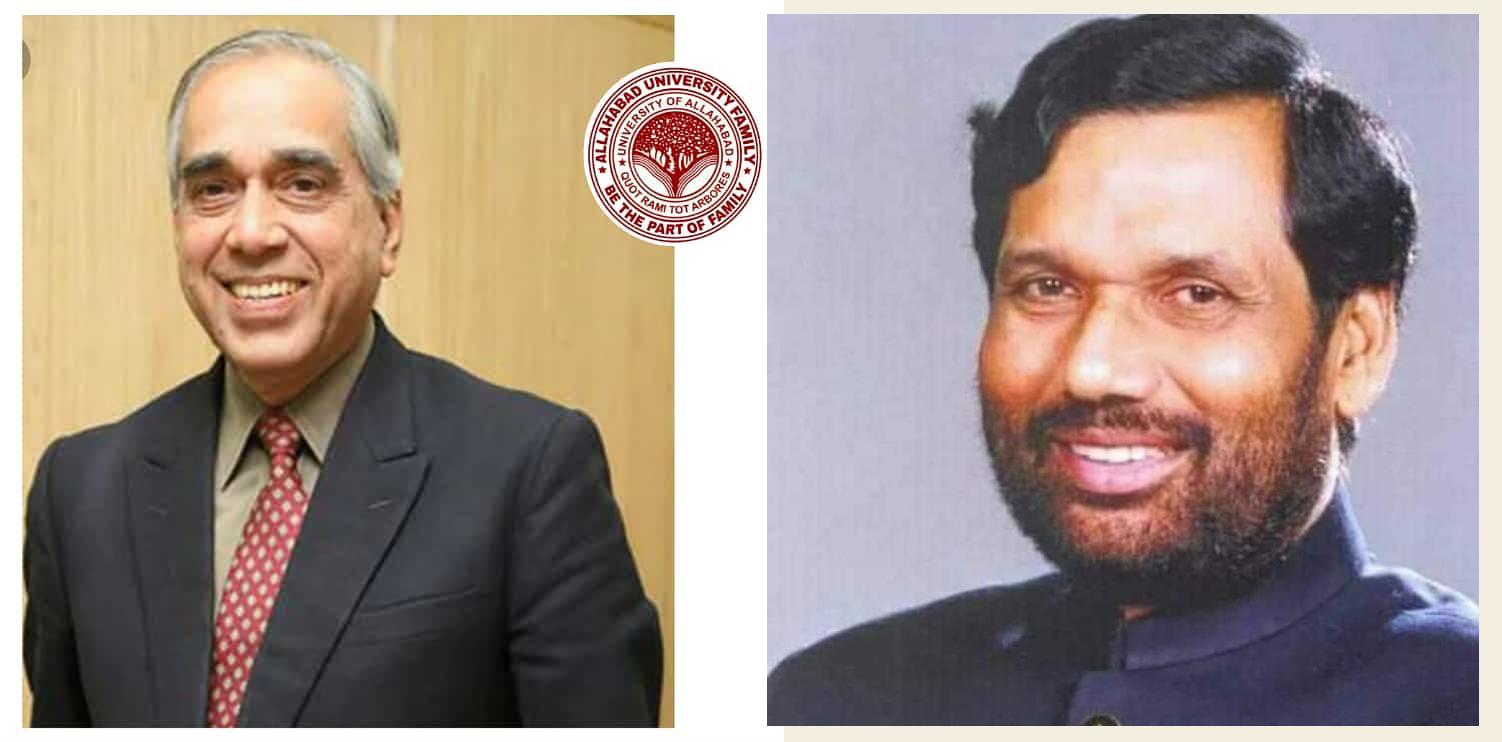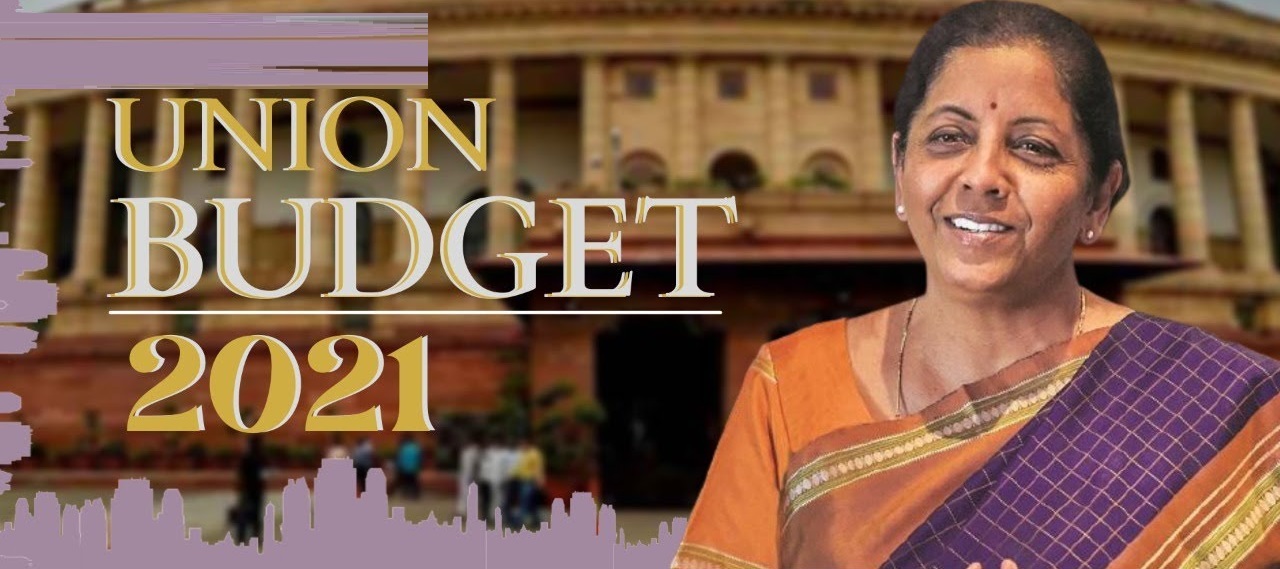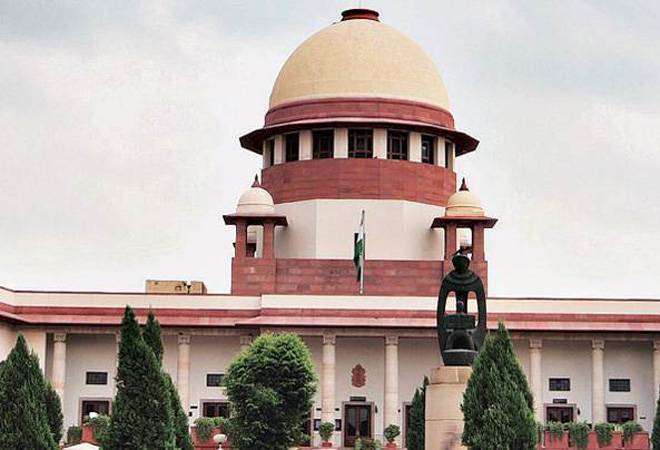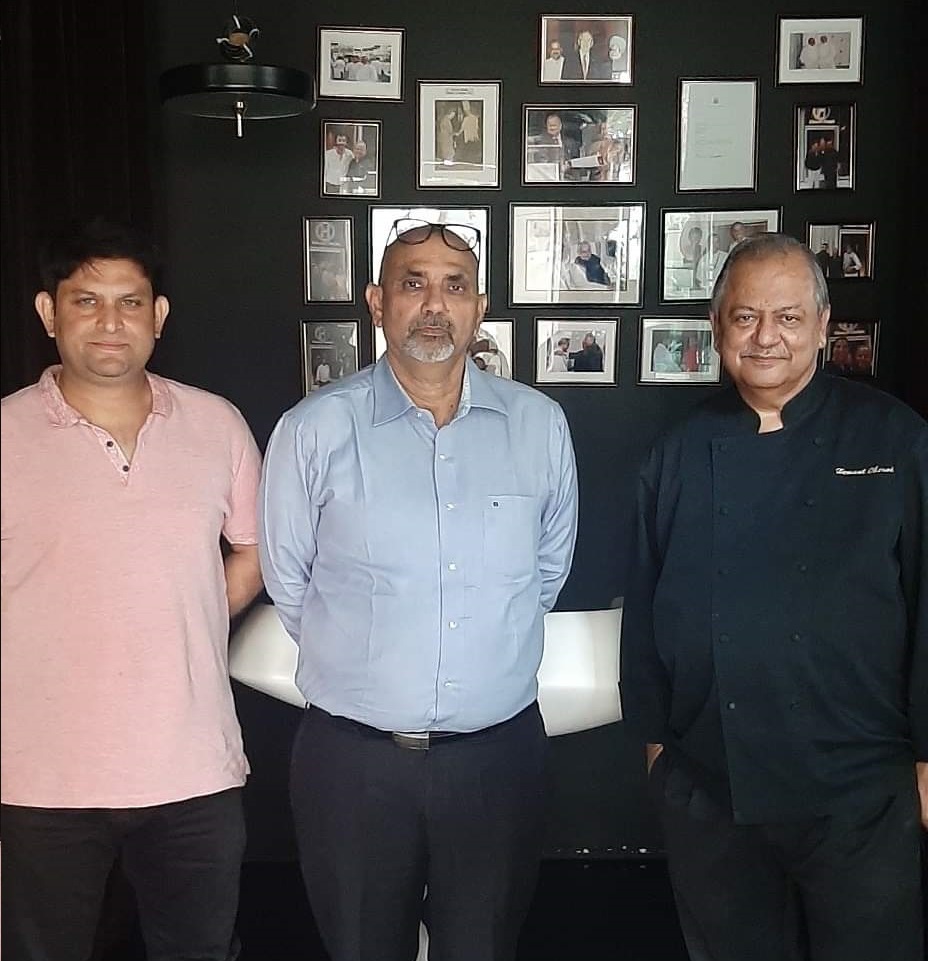As a parliamentary reporter who covered the political landscape from 1992 to 2004, I reflect on a time when my access to the Parliament was not only unrestricted but also allowed me to explore every nook and corner of the political heart of the nation. Walking freely from North Avenue to South Avenue, passing by the President's House, and approaching North Block and South Block were routine activities. However, the recent smoke attack on the Parliament serves as a poignant reminder of the changing dynamics and the implications for individual freedoms, especially in the context of heightened security measures. This incident prompts us to revisit the delicate balance between individual rights and national security in the evolving landscape of Indian democracy.
During my years as a parliamentary reporter, the Parliament was not merely a workplace but a dynamic space symbolizing the essence of democracy. The unrestricted access I once enjoyed allowed me to witness the democratic process up close, fostering a sense of connection between the people and their elected representatives. The recent incident raises concerns about whether the evolving security landscape has inadvertently compromised the principles of transparency and accessibility that form the foundation of a vibrant democracy.
Bhagat Singh's Era and Political Dissent:
Drawing parallels with the era of Bhagat Singh, it is crucial to acknowledge the evolution of dissent and its expression. While historical acts of dissent were often dramatic and symbolic, contemporary democratic societies advocate for peaceful means of expressing grievances. The recent smoke attack, however, challenges the effectiveness of such expressions in the face of stringent security measures.
Individual Rights vs. National Security:
The dichotomy between individual rights and national security is further emphasized in my recollections of a time when access to key government buildings was relatively unimpeded. The evolving security measures, though instituted with the aim of safeguarding national institutions, have inadvertently restricted the once-unfettered access that characterized the democratic ethos. The challenge lies in striking a balance that upholds security without compromising the democratic values that define the nation.
The Excitement Surrounding the New Parliament Building:
As the nation eagerly anticipates the inauguration of the new Parliament building, the enthusiasm is tempered by the realization that accessibility to these institutions has diminished over the years. The architectural marvel should serve not only as a symbol of progress but also as a reminder of the democratic ideals that underpin the nation's foundation. The balance between security concerns and democratic values must be actively maintained to ensure that citizens can engage with and take pride in their democratic heritage.
Uncalled-for Acts of Opposition:
In the face of security challenges, it is vital for citizens to resort to democratic means of expression rather than acts of violence or disruption. My experiences as a parliamentary reporter underscore the importance of legitimate avenues for expressing dissent, engaging in constructive dialogue, and participating in the democratic process. Democracy thrives when citizens actively contribute to the governance of their nation through responsible civic engagement.
Far Cry for democracy
As a parliamentary reporter who witnessed the democratic evolution from 1992 to 2004, the smoke attack on the Parliament serves as a poignant reminder of the delicate balance between individual rights and national security. The changing landscape has implications not only for the functioning of the Parliament but also for the democratic values that underpin the nation. As the new Parliament building symbolizes progress, it is imperative to ensure that democratic ideals remain at its core, fostering an environment where citizens can actively participate in shaping the destiny of the nation.
Reflection from Reporter's diary
In the midst of reflecting on the recent smoke attack on the Parliament, it is crucial to revisit a significant incident from the year 2001 that resonates with the theme of responsible dissent and opposition. As a parliamentary reporter who actively participated in the Jan Andolan against the Dunkel Draft, this incident not only showcases the fervor of opposition during that era but also underscores the importance of adhering to democratic norms and laws.
The Dunkel Draft, a trade agreement proposal, had ignited nationwide protests, particularly among farmers who perceived it as a threat to their livelihoods. As a reporter, I found myself drawn into the Jan Andolan, a mass movement against the government's decision to sign the Dunkel Draft. The call for a protest march, led by prominent figures such as George Fernandes, Mohan Singh, and other social leaders, presented a unique challenge for those of us in the media who were also deeply affected by the issue.
The decision to join the protest march, starting from the Press Club of India and culminating at the Gandhi Statue inside the Parliament, was not taken lightly. The police, anticipating the scale of the protest, acted preemptively, stopping the march before it could commence and arresting all participants. Despite this setback, a determined group, including George Fernandes and Mohan Singh, managed to reach the park outside the Parliament's main entrance, where a clandestine plan B was set in motion.
In broad day light, sharp at 10.00 am, parliament started inside and here outside the parliament, a small group of protestors, armed with the national flag, executed a surprise move. Concealed earlier, the flag and flagsticks were revealed as the protestors surged towards the main entrance, chanting slogans demanding the withdrawal of the Dunkel Draft. The police, caught off guard, had to hastily close the main gate. Some of us, including sitting Members of Parliament and journalists with valid passes, managed to climb on top of the main entrance before being pulled back and arrested. The next day newspapers carried this protest on the front page with pictures of mine on the top of parliament gate, though it was not the time of television journalism.
Lok Sabha offer to Reporter
Protest with rightful means too can have its effect. Later, George Saheb asked me to contest election of Lok Sabha, to recognise my active role in opposing dunkle draft, a second such request after former Prime Minister, V P Singh, who wanted me to contest just after implementation of Mandal Commission. But I decided to work behind curtain to espouse the cause of dalits and minorities by joining hands with dalit leader, Ram Vilas Paswan, to which I am still sticking too.
What distinguishes this incident from recent events is the adherence to laws and norms even in the midst of strong opposition. The protestors, including sitting MPs and journalists with valid passes to enter the Parliament, could have chosen to use their entry as a guise for disruption. However, they consciously opted for a principled form of protest, ensuring that the demonstration was within the bounds of legality and democratic principles.
This episode from 2001 serves as a testament to the effectiveness of peaceful and lawful dissent in a democracy. It exemplifies the power of opposition that is rooted in principles and respect for the democratic process. The contrast with the recent smoke attack on the Parliament highlights the importance of choosing means of dissent that uphold the values and norms of democracy, ensuring that the message is conveyed without compromising the sanctity of democratic institutions.
While the excitement about the new Parliament building is palpable, it is essential to recognize that acts of violence or disruption are wholly uncalled for in a democratic society. In a democracy, there exist various legitimate avenues for citizens to voice their concerns, ranging from peaceful protests to engaging in constructive dialogue with elected representatives. Resorting to destructive measures undermines the very principles of democracy that these acts purport to defend.
The smoke attack on the Parliament serves as a stark reminder of the challenges democratic nations face in maintaining a delicate equilibrium between individual rights and national security. While the legacy of political dissent, as seen in Bhagat Singh's era, is a part of history, it is imperative for citizens to leverage the democratic processes available to express their grievances. The excitement surrounding the new Parliament building should be a beacon of hope, emphasizing the importance of preserving democratic values and promoting responsible civic engagement for the collective good.
The moot Question
The question here touches on a fundamental concern about the balance between security and democracy. The tension between safeguarding the security of government institutions and maintaining democratic principles is a complex and ongoing challenge in many societies.
In times of perceived threats, there can be a temptation to prioritize security measures at the expense of democratic values. The key is finding a balance that ensures the safety of lawmakers and government institutions without undermining the essence of democracy—a system that is supposed to be "by the people, for the people, and of the people."
Efforts to enhance security should be carefully considered and implemented to protect democratic processes and institutions, rather than concentrating power in the hands of a select few. Transparency, accountability, and public oversight are crucial in maintaining the integrity of democratic systems. It's important to strike a balance between security measures and preserving the openness and inclusivity that characterize democratic societies.
Democracy relies on the active participation of citizens, protection of civil liberties, and a system of checks and balances. Any shift toward a more exclusive and centralized system should be scrutinized to ensure it aligns with democratic principles. Public discourse, free press, and civic engagement play pivotal roles in holding governments accountable and preventing the erosion of democratic values.
Ultimately, the challenge is to navigate the complexities of maintaining both security and democracy, recognizing that the two are not mutually exclusive but can be complementary when approached with careful consideration for the principles that underpin a democratic society.
For further details contact:
Dr. Ajay Kummar Pandey
( LLM, MBA, (UK), PhD, AIMA, AFAI, PHD Chamber, ICTC, PCI, FCC, DFC, PPL, MNP, BNI, ICJ (UK), WP, (UK), MLE, Harvard Square, London, CT, Blair Singer Institute, (USA), Dip. in International Crime, Leiden University, the Netherlands )
Advocate & Consultant Supreme Court of India, High Courts & Tribunals.
Delhi, Mumbai & Dubai
Tel: M- 91- 9818320572. Email: editor.kumar@gmail.com
Website:
www.supremelawnews.com
www.ajaykr.com,
www.4Csupremelawint.com
Facebook:
/4Clawfirm,
/legalajay Linkedin:
/ajaykumarpandey1 Twitter:
/editorkumar / YouTube:
c/4cSupremeLaw Insta:
/editor.kumarg
Telegram Channel
Whatsup Channel
